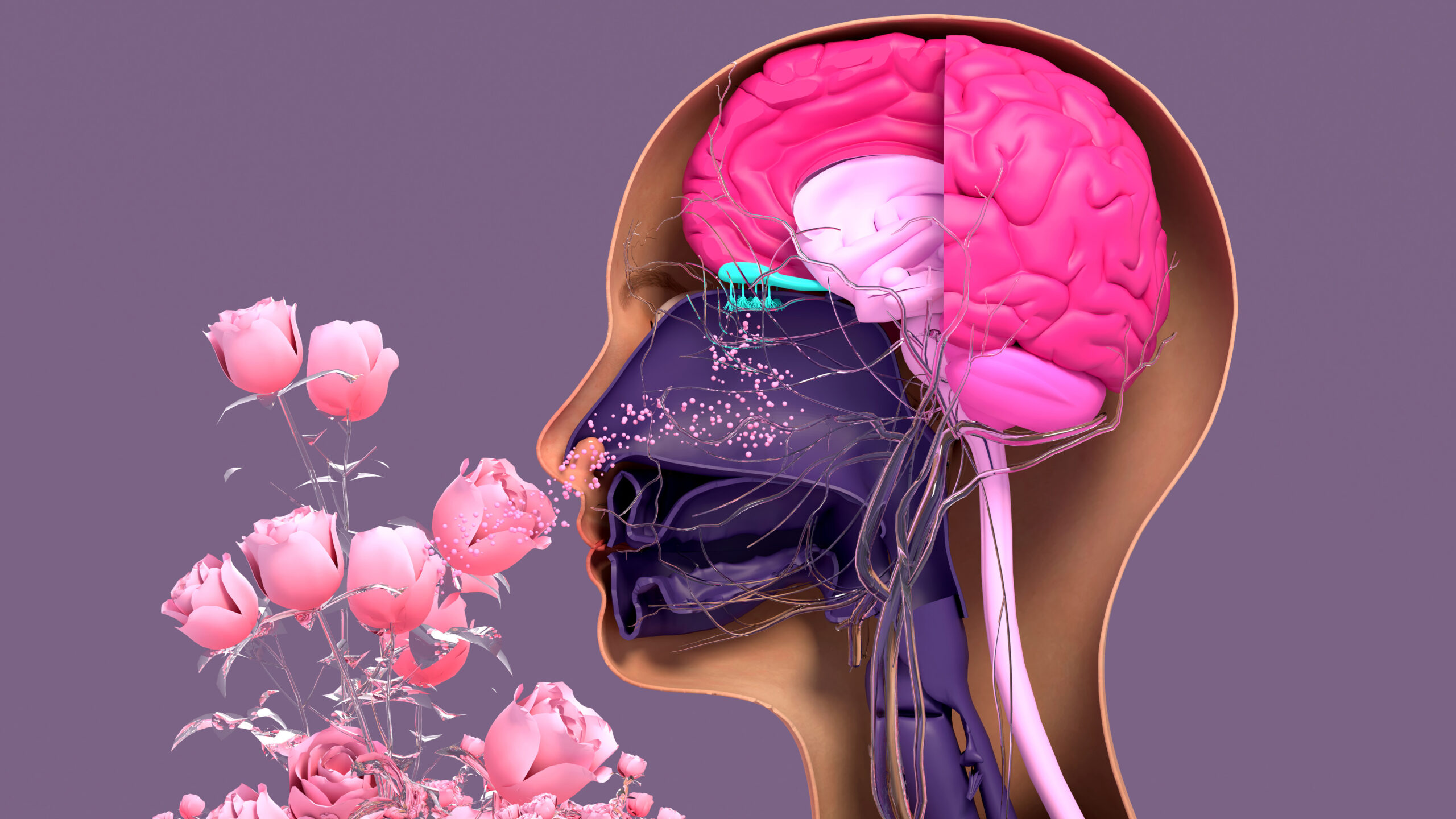Early in the pandemic, people were on alert for a loss in their sense of smell as a symptom of COVID-19 infection. But a declining sense of smell among elderly adults can also be a sign of an increased risk of frailty and could one day be added by doctors to regular health screenings for seniors. Like vision and hearing, our sense of smell can diminish with age, and new research found that weakened olfactory sensitivity among seniors was associated with an increased frailty score.
According to a recent U.S. News HealthDay report, researchers at Johns Hopkins Medicine used data from 1,160 older adults enrolled in the National Social Life, Health, and Aging Project between 2015 and 2016 for their olfactory study. Participants with an average age of 76 were exposed to five scents to measure olfactory identification – the ability to detect and name an odour, and six scents to measure sensitivity – the ability to detect an odour. Identification requires higher-order brain function to interpret and classify a scent.
The results of these tests were then matched to the frailty scores of participants based on weight loss, exhaustion, weakness, slow walking speed and low physical activity. Better scores on olfactory sensitivity and identification were associated with improved health status and resilience. Study participants with a poorer sense of smell were found to have increased frailty suggesting that a loss of the sense of smell among elderly adults may be a risk factor for frailty that could be measured in a clinical setting.
A diminished sense of smell can lead to loss of appetite, poorer personal hygiene, depression, and an inability to detect hazardous odours like a gas leak or smoke from a fire. Because smell is so closely associated with taste, a poor sense of smell can cause disinterest in food and weight loss, malnutrition and weakness.
A scent test only takes a few moments, and as part of regular health screenings could alert healthcare providers of a decline in cognitive or physical function that may contribute to frailty. Frailty can be a predictor of mortality, poor health, falls and disability as well as longer stays in hospital.






Add Your Voice
0 Comments
Join the Discussion